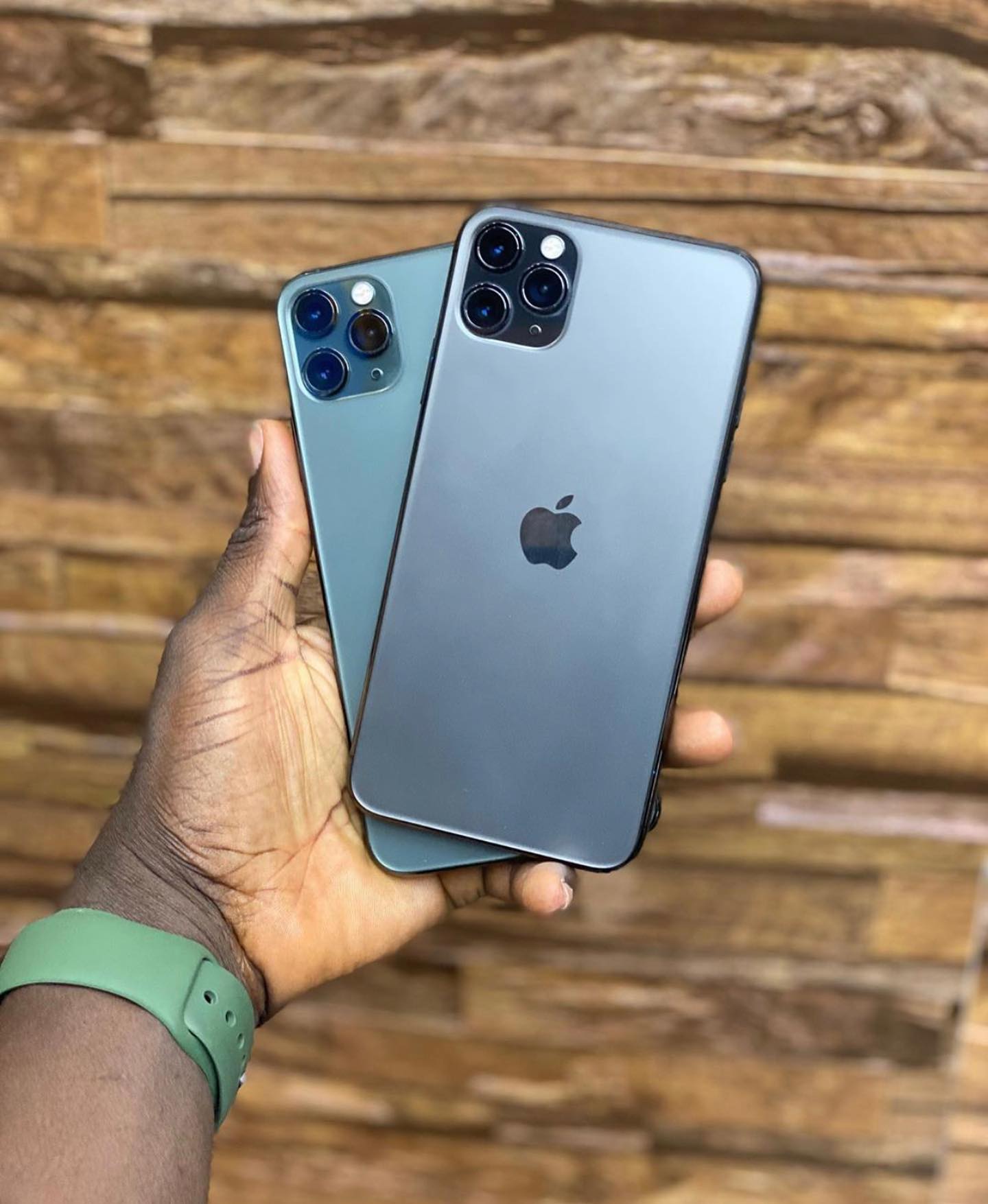 Apple Faces Lawsuit for Alleged Monopoly on iPhones in the U.S.
Apple Faces Lawsuit for Alleged Monopoly on iPhones in the U.S.
In a groundbreaking move, the U.S. Department of Justice (DOJ) and 16 State/District Attorneys General have filed a lawsuit against Apple, accusing the tech giant of violating federal antitrust laws. The lawsuit claims that Apple has monopolized the performance smartphone market in the United States through exclusionary practices and anticompetitive acts. The DOJ was joined by several states, including California, New York, and Arizona, among others.
The lawsuit focuses on five major technologies that Apple allegedly suppressed to establish its smartphone monopoly. Firstly, Apple is accused of limiting the development of super apps, which offer broad functionalities within a single app. By doing so, Apple allegedly reduces the incentive for users to switch to non-Apple smartphones.
Additionally, Apple’s restrictions on cloud streaming game apps prevent users from playing high-compute games unless they are processed on expensive Apple hardware. This reinforces dependence on iPhones and contributes to Apple’s monopoly.
The lawsuit also addresses Apple’s alleged degradation of third-party messaging apps compared to its own messaging app. By limiting the quality and functionality of alternative messaging apps, Apple reinforces barriers to switching from iPhone to other smartphones.
Furthermore, Apple is accused of restricting the functionality of third-party smartwatches and digital wallets on the iPhone. This allegedly denies users access to competitive products and further locks them into Apple’s ecosystem.
While the lawsuit seeks to force Apple to allow consumers to install alternative technologies on their iPhones, the DOJ will need to prove its case in court before any changes can be made. If successful, this could potentially lead to greater customizability and personalization for iPhone users, as well as lower prices from third-party challengers to the Apple App Store.
The DOJ’s lawsuit comes amidst growing criticism of Apple’s tightly locked mobile operating system iOS and its App Store. Gaming giant Epic has been involved in a long-standing court battle with Apple over the company’s refusal to allow Epic to collect money from consumers directly within the Fortnite mobile game for iOS, outside of the App Store’s fees. Epic recently won a ruling in the EU that forces Apple and other tech providers to enable third-party app marketplaces on devices.
Apple will face a significant legal battle as it defends against these allegations. The outcome of the lawsuit could have far-reaching implications for the smartphone industry and Apple’s dominant position in the market. As the case unfolds, the tech world will be watching closely to see how it impacts the future of Apple and the smartphone landscape as a whole.

